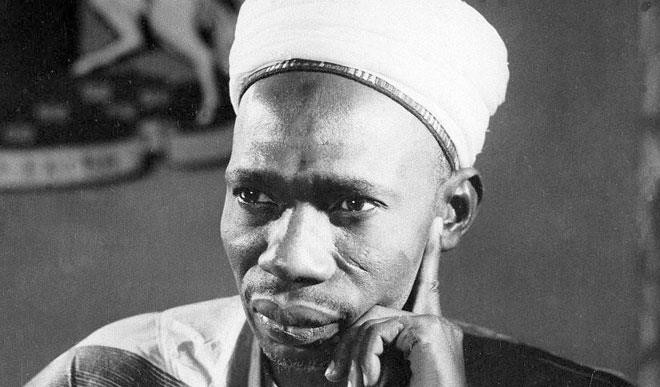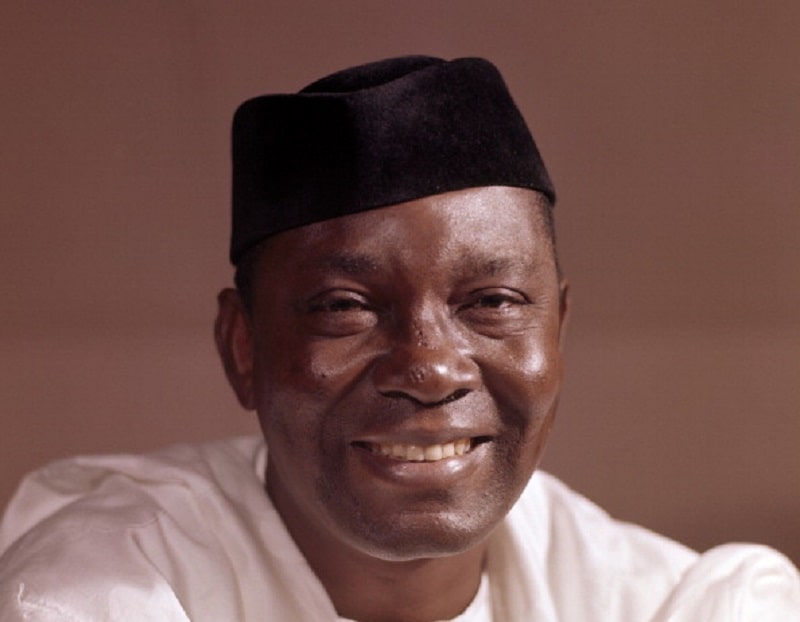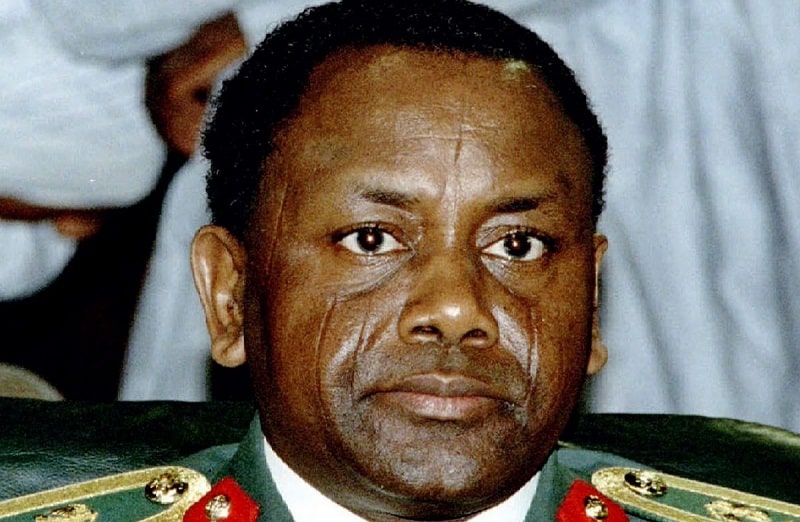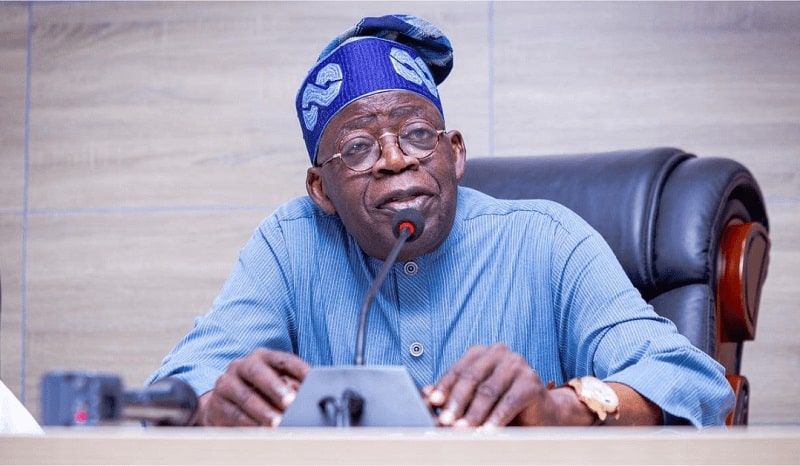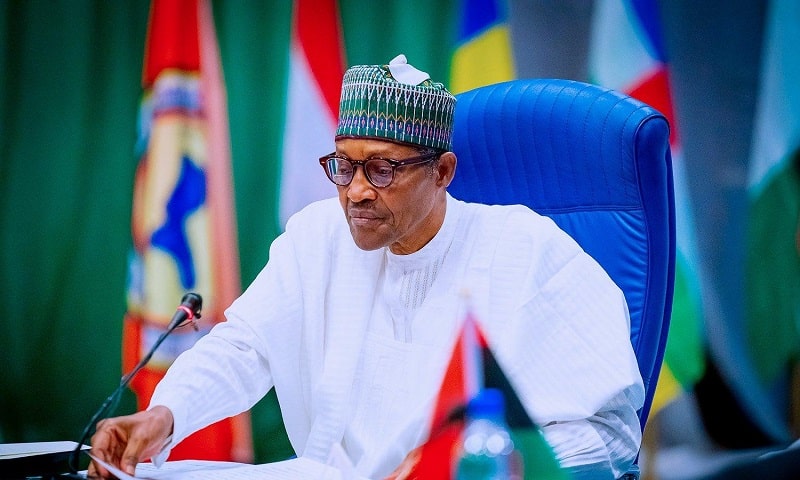Gnr. Abdulsalami Abubakar (Former Head of State – 1998-1999)
Gnr. Abdulsalami Abubakar
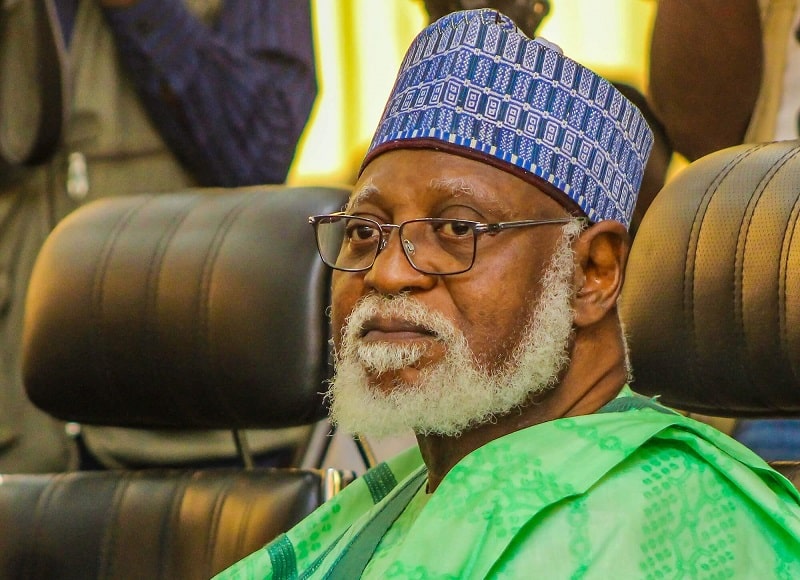
General Abdulsalami Abubakar is a retired Nigerian Army officer who served as the head of state of Nigeria from 1998 to 1999. He became Nigeria’s leader after the sudden death of General Sani Abacha in June 1998 and oversaw the transition to democratic rule after years of military dictatorship.
| List | President’s Information |
|---|---|
| Name | Abdulsalami Abubakar |
| Date of Birth | June 13, 1942 |
| Age | 81 years (as of 2023) |
| Ancestral Home | Minna, Niger State, Nigeria |
| Native Language | Hausa |
| School Attended | Nigerian Military Training College |
| Career & Occupation | Military Officer, Politician |
| Military Rank | General |
| Height | Approximately 1.78 meters |
| Known As | General Abubakar |
| Citizenship | Nigerian |
| Residence | Minna, Niger State, Nigeria |
| Religion | Islam |
| Wife’s Name | Fati Abubakar |
| Children’s Name | Khadija, Umar, Aminu, and others |
| Assumed Presidential Office | June 9, 1998 |
| Left Presidential Office | May 29, 1999 |
| Political Party | Non-partisan (Transitional Government) |
Related: List of Nigeria Past Presidents
Suggested: List of Vice Presidents of Nigeria Till Date
Gnr. Abdulsalami’s Early Life and Military Career
Abubakar was born on June 13, 1942, in Minna, Niger State, Nigeria. He joined the Nigerian Army in 1963 and rose through the ranks to become a general. He served in various capacities, including as the commander of the Nigerian Army’s 3rd Armoured Division.
Gnr. Abdulsalami’s Time As Head of State
Abubakar became Nigeria’s head of state following the sudden death of General Sani Abacha in June 1998. His tenure was marked by a commitment to democratic transition and the rule of law. Abubakar immediately released political prisoners and lifted the ban on political activity. He also established the Independent National Electoral Commission (INEC) to oversee the transition to democratic rule.
Under Abubakar’s leadership, Nigeria held a successful presidential election in 1999. Olusegun Obasanjo, a former military ruler, won the election and became Nigeria’s first civilian president in over a decade. Abubakar handed over power to Obasanjo in a peaceful transition of power, marking a significant milestone in Nigeria’s democratic history.
Suggested: An Overview of Nigeria Political System
Suggested read: Cabinet of Nigeria And its Presidential System
Abdulsalami’s Legacy
Abubakar’s brief tenure as head of state is widely seen as a critical period in Nigeria’s history. His commitment to democratic transition and the rule of law paved the way for Nigeria’s return to democratic governance after years of military dictatorship. Abubakar’s efforts to promote transparency and accountability in government have also earned him praise from many Nigerians.
After leaving office, Abubakar remained active in Nigerian politics and international affairs. He served as a mediator in several African conflicts and also participated in negotiating a ceasefire between rebel groups in Sierra Leone. He also chaired the Commonwealth Observer Group during the 2004 elections in South Africa.
In recognition of his contributions to Nigerian and African politics, Abubakar has received numerous awards and honors. He was awarded the Grand Commander of the Order of the Niger (GCON), Nigeria’s second-highest national honor, and the ECOWAS International Gold Medal for his contributions to regional peace and security.
General Abdulsalami Abubakar played a crucial role in Nigeria’s transition to democratic rule in 1999. His commitment to the rule of law and democratic principles paved the way for Nigeria’s return to civilian governance after years of military dictatorship.
Related: Nigeria National Anthem and Its Frequently Asked Questions
Additional Facts
- He attended the Nigerian Military Training College in Kaduna and later furthered his training at the Mons Officer Cadet School in Aldershot, England.
- Abubakar holds a degree in Electrical Engineering from the Indian Defence Services Staff College in Wellington and another in Mechanical Engineering from the United States Army War College.
- He was commissioned as a Second Lieutenant in the Nigerian Army in 1963.
- Abubakar served in the Nigerian Civil War (1967-1970) on the side of the federal forces.
- He became Nigeria’s Head of State on June 9, 1998, following the sudden death of General Sani Abacha.
- Abubakar is most renowned for overseeing Nigeria’s transition from military to civilian rule within a year of taking office.
- His administration promulgated the 1999 Constitution of Nigeria, which laid the foundation for the Fourth Republic.
- He organized and conducted the presidential elections in 1999, which led to the election of Olusegun Obasanjo as President.
- Abubakar ordered the release of numerous political prisoners detained during Abacha’s regime.
- His efforts successfully reinstated democracy in Nigeria after a long period of military rule.
- Under his leadership, Nigeria was readmitted into the Commonwealth of Nations in 1999.
- He implemented reforms to professionalize and depoliticize the Nigerian military.
- Abubakar has been involved in several mediation and peacekeeping missions under the auspices of the Economic Community of West African States (ECOWAS).
- He played a key role in brokering the Abuja Peace Accord, which commits Nigerian political leaders to peaceful elections.
General Abdulsalami Abubakar FAQs
Related: President Olusegun Obasanjo (Former President – (1999-2007)
